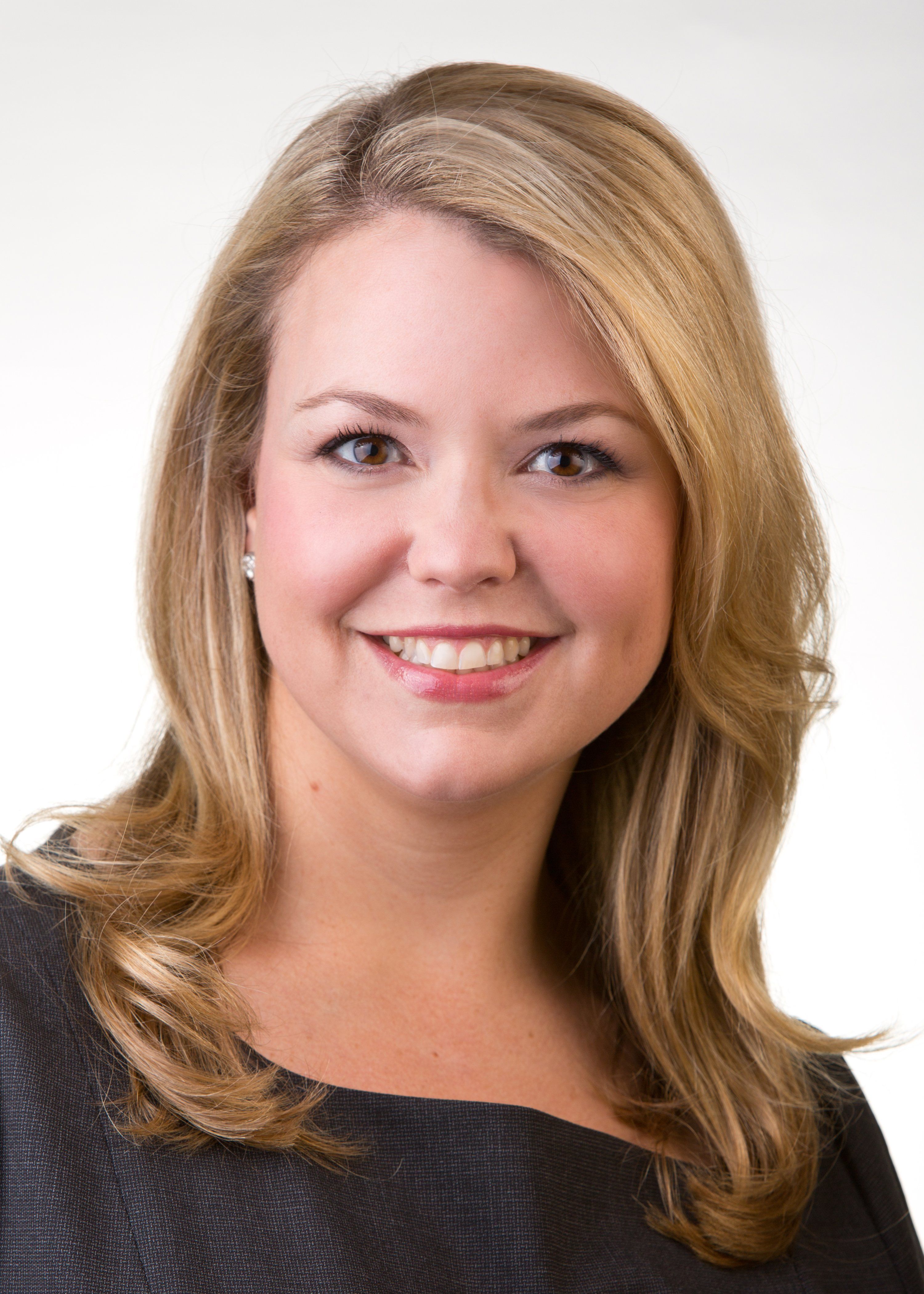- Acne
- Actinic Keratosis
- Aesthetics
- Alopecia
- Atopic Dermatitis
- Buy-and-Bill
- COVID-19
- Case-Based Roundtable
- Chronic Hand Eczema
- Chronic Spontaneous Urticaria
- Drug Watch
- Eczema
- General Dermatology
- Hidradenitis Suppurativa
- Melasma
- NP and PA
- Pediatric Dermatology
- Pigmentary Disorders
- Practice Management
- Precision Medicine and Biologics
- Prurigo Nodularis
- Psoriasis
- Psoriatic Arthritis
- Rare Disease
- Rosacea
- Skin Cancer
- Vitiligo
- Wound Care
Article
Employees are a practice’s best brand ambassador
Get the latest expert insight on how to maximiz your employees' role in brand marketing for your practice.
Successful practice marketing is largely an inside job, say experts during a mini-MBA session at the American Society for Dermatologic Surgery annual meeting. That's because effective marketing demands tightening your connections not only with existing patients but also, and perhaps more importantly, with your employees.
Cultivating practice culture

Kathleen M. Welsh, M.D.The way employees embody your brand within your office is the most efficient form of internal marketing, says dermatologist Kathleen M. Welsh, M.D., founder of Bay Area Cosmetic Dermatology in San Francisco. "Every time we see a patient, the patient is affected by our front desk staff, our receptionist and our medical assistants." For branding to be effective, she says, these staff members must live and breathe the brand.
INTERESTING: Designing the optimum office space
Sarah C. Jackson, M.D., added that, once staff members understand what the practice is trying to achieve, "They become part of the brand, and that creates brand consistency." She is a dermatologist in private practice at Audubon Dermatology in New Orleans.
Overall, Dr. Jackson says, "The practice brand is what patients experience during their visit in your office. It's not just a practice logo or fancy website. It's what the customer will remember and tell their friends and family."

Sarah C. Jackson, M.D.Dr. Welsh says, "We are living in an experience economy. People are looking for things to talk about" in person and online. To create great stories, "We want the customer service in our office to be remarkable. Or if a patient has an unpleasant experience-for example, a bruise in the office-we want to offer camouflage makeup, topical treatments or a laser treatment" to banish the bruise ASAP.
"In the past," says Dr. Welsh, "we would strive to provide Nordstrom's-level service. But we need to do better than that."
CHECK OUT: Eight simple tips for happy patients
In medicine and elsewhere, Dr. Jackson says, "When you hire a new employee, they may think of it as a job; they don't necessarily think of being part of your brand. If you walked into a Ritz-Carlton, you'd expect the same thing every time-consistent delivery of exemplary service. We're trying to impress upon our staff that Audubon Dermatology in itself is a brand. It may be different from their previous job in healthcare or other specialties. It should be more upscale; our goal is to provide a consistent, superior patient-care experience to each patient, every visit."
At Audubon Dermatology, says Dr. Jackson, "Our brand is Confidence in Our Care-patients have confidence that they're receiving the highest quality care, and our staff has confidence that we are providing the highest quality care."
NEXT: Communicate the vision
Communicate the vision
To communicate this vision to staff members, Dr. Jackson's practice uses keywords. "We explain how our brand is innovative, comprehensive and caring, and that we provide a superior patient experience. We also educate our staff that we want people to think of Audubon Dermatology's personality as informed, ethical, empathetic, up-to-date and accessible."
READ: What you're missing without a mission statement
Other training tools include what Dr. Jackson calls a "Brand Bible," an employee manual that reinforces the brand's message and enumerates workplace policies. Each year, the practice's holiday party features a presentation reviewing Audubon Dermatology's performance and brand consistency through the year.
Employees are ambassadors
Dr. Jackson has found that managing how employees qualify for in-office procedures also helps deepen their brand engagement. "As a dermatology practice, we want our staff to look good, love the procedures that we do and recommend them highly to our patients. By having your staff use procedures in your office, you are educating the staff through experience and helping market the practice through the employees."
RECOMMENDED: Three reasons why your practice should support a cause
When Dr. Jackson first examined this dynamic in her practice, "Sometimes the same employees were receiving the procedures, and others wouldn't partake in certain procedures because they felt they were too expensive, even though we offered them at cost. Or maybe they only purchased creams once in a while; they weren't on specific regimens."
To remedy this imbalance, "We came up with a way to give the employee a certain number of 'bucks' to use within the practice. Somewhat similar to Monopoly money, at their quarterly review, if they have fulfilled their duties within the practice, they're rewarded a certain number of bucks" to spend on in-house products and procedures.
Along with boosting employees' use of these items, she says, this change has increased employees' awareness of the practice's offerings as well as their job satisfaction. "This helps market our practice because as a result of these procedures they are happier; they value and embrace their position as a daily ambassador of the brand."
Tying employee bonuses to practice goals has had a similar effect. Under the typical year-end bonus structure, Dr. Jackson explains, employees expect bonuses simply because it's the holidays, rather than feeling they have earned their bonus by sharpening their performance.
ALSO READ: Preventing employee theft, embezzlement
Instead, says Dr. Jackson "Bonuses should be tied to employee performance, with some emphasis on practice performance or product sales. The staff will market your practice if they benefit from sales. In our practice, half of the employee's quarterly monetary bonus is based on their job performance, and half is based on the practice's growth and product sales. That way the employee feels that he or she is part of the practice. If the practice is doing well, and they're helping with product sales, they get their bonus."
NEXT: Harnessing huggability
Harnessing huggability
Dr. Welsh defines her brand as innovation, expertise, glamor, science and huggability. In the latter area, when interviewing applicants, "The number-one thing I look for is the ability to connect with and empathize with another person, and to be someone you'd want to sit down and have a conversation with-a warm, caring and friendly person. If you choose those types of people, they'll not only be good team members, but your patients will develop connections with them." And as aesthetic-medicine services become increasingly commoditized, she says, the one thing price-cutting competitors can't copy is the relationships patients forge with your employees. "That's a priceless part of your practice."
READ: When physicians struggle with mental health
Employees are also a practice's best ambassadors, says Dr. Welsh. "If an employee goes to a party and says, 'I love my job,' you've got another whole circle of marketing just from that employee's social circle. And if your employees love their jobs, it's easier to recruit other employees." Happy workers refer friends, she notes, while during interviews, "Prospective employees immediately gauge the happiness or culture of the office and decide whether it's a place they'd want to work."
By the same token, "You can't allow one of your employees to be a slacker and expect that all the rest will be great. If someone arrives late or has an 'off' day at work, the performance of the whole office suffers. We'll sit down and talk with that employee right away and even send them home and counsel them about improving their performance and work ethic."
NEXT: Marketing externally
Marketing externally
Dr. Welsh defines external marketing as "anything you do outside of the actual practice," including marketing to existing patients, who are connected to your practice but not on the payroll. "Many people might still think of this as internal marketing, but technically it's external marketing." To more deeply engage existing patients, she offered the following pointers:
- Value VIPs-For patients who spend above a certain figure with her practice annually, Dr. Welsh has created a concierge program that gives them the inside track on upcoming sales, events and even appointments. "You don't want a patient who wants to spend $5,000 in your office to be unable to get an appointment. This allows the big spenders to make sure they get appointments when and with whom they want."
- Incentivize auto-shipping-Dr. Welsh gives one free service, such as micro-dermabrasion or basic laser treatment, annually to patients who sign up for a year's worth of TNS Essential Serum (SkinMedica) through an auto-shipping program. "The free service helps in getting patients to sign up. But once patients are on a program to receive their products regularly (every 90 days), sales increase dramatically." Because enrolled patients are no longer price-shopping online or forgetting to reorder, she says, sales of this product have risen 40% over two years.
- Marshall your MIAs- "Missing in action" patients rarely disappear over a bad experience, says Dr. Welsh. "Often it's because they get busy, forget or don't know about new services." Adding a two-way text-messaging service in 2015 has driven a 30% increase in incoming texts-the vast majority from patients she hadn't seen in more than a year. "The convenience of being able to text brought all these people back into the office."
- Don't be shy-With social media, "We wonder if we're sending patients so many messages and e-mails that they're not listening anymore." But in reality, Dr. Welsh says, a certain proportion of patients will always delete or block your missives. "And the people who want to be connected need that constant connection. Those are usually very valuable customers, and we shouldn't worry about overloading them."
In marketing and managing a dermatology practice, says Dr. Jackson, "We need to learn the best business and marketing practices from others in the business world and adapt them to our specialty medical services. By implementing these techniques and tools with our unique brands, profitability can be maximized while retaining the highest medical care standards."
Disclosures: Dr. Jackson is a speaker for Allergan and uses the company's practice management tools. Dr. Welsh is a consultant to market-research firm Guidepoint Advisors and an advisory board member for Allergan, Valeant, Ulthera and Galderma.
Newsletter
Like what you’re reading? Subscribe to Dermatology Times for weekly updates on therapies, innovations, and real-world practice tips.
















